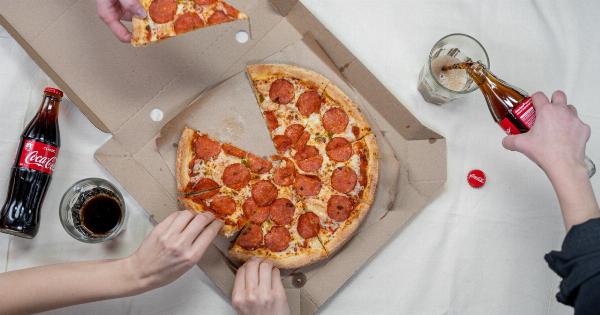When it comes to better health, we often think of exercise and a balanced diet as the keys to success.
While both of these habits are essential, there’s another way that can make a significant difference in your overall well-being – helping others. Whether it’s volunteering at a local food bank or simply lending a hand to a neighbor in need, there are many ways to contribute to your community and boost your health simultaneously.
Reduces Stress
One of the most significant benefits of helping others is reducing stress. Studies have shown that when we engage in acts of kindness, our brains release oxytocin, often referred to as the “feel-good” hormone.
Oxytocin has been linked to lower blood pressure and reduced levels of cortisol – a hormone associated with stress. By doing something kind for others, we not only make a positive impact on their lives but also on our own, leading to a calmer and less anxious state of mind.
Improves Emotional Well-Being
Helping others can also have a profound impact on our emotional well-being. When we engage in acts of kindness, our brains produce serotonin, often referred to as the “happy” hormone.
Serotonin plays a crucial role in regulating our moods and emotions, with low levels linked to depression and anxiety. Therefore, by making an effort to help others, we enhance our overall sense of happiness and positivity.
Strengthens Social Connections
Another benefit of helping others is it strengthens social connections. As humans, we are social creatures, and having positive relationships with others is essential for our mental and physical well-being.
Volunteering and other forms of community service provide us with opportunities to interact with others who share similar values, beliefs, and interests. By working together towards a common goal, we build meaningful connections that can lead to a sense of purpose and happiness.
Promotes Physical Activity
Several studies have found that volunteering and other forms of community service promote physical activity.
Helping others often involves tasks that require movement, such as cleaning or gardening, and may even include walking or cycling to and from the volunteer site.
Moreover, volunteering for outdoor activities like park cleanups or community gardens can also encourage us to spend more time outside, which has numerous health benefits, including reducing the risk of cardiovascular disease and improving mental health.
Boosts Cognitive Function
Research indicates that helping others can also boost cognitive function. When we engage in acts of kindness, our brains produce dopamine, a neurotransmitter associated with motivation and reward.
Dopamine enhances our ability to focus, learn, and remember new information. By regularly engaging in activities that help others, we can maintain and improve our cognitive function, leading to better memory, concentration, and even creativity.
Provides a Sense of Purpose
Finally, helping others can provide us with a sense of purpose. When we engage in acts of kindness, we often feel a sense of accomplishment and satisfaction in knowing we have made a positive impact on someone’s life.
This sense of purpose can be particularly essential for older adults who may struggle with a feeling of loss of purpose or identity after retirement.
Conclusion
Helping others has a wide range of benefits for our health and well-being. From reducing stress and improving emotional well-being to promoting physical activity and cognitive function, the positive impact of helping others cannot be overstated.
Therefore, by incorporating simple acts of kindness, like volunteering or assisting a neighbor in need, into our daily routine, we can take a proactive step towards better health.






























